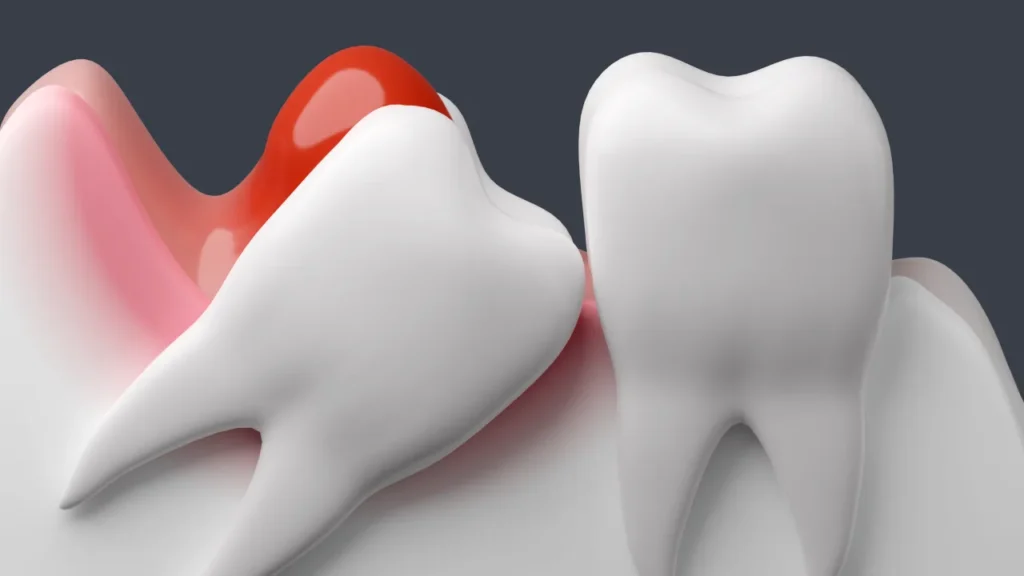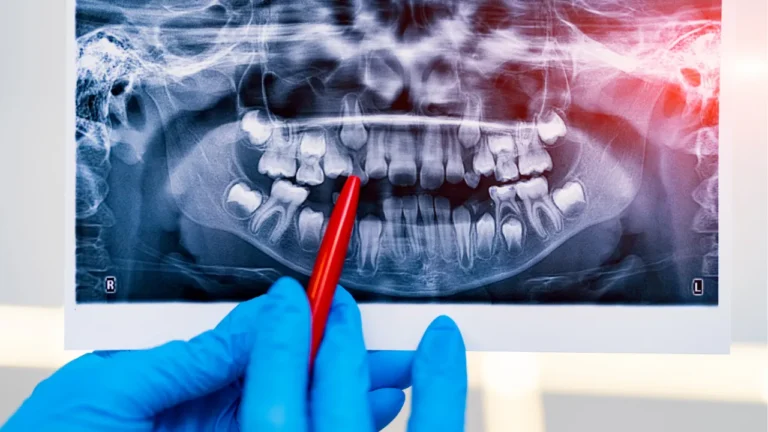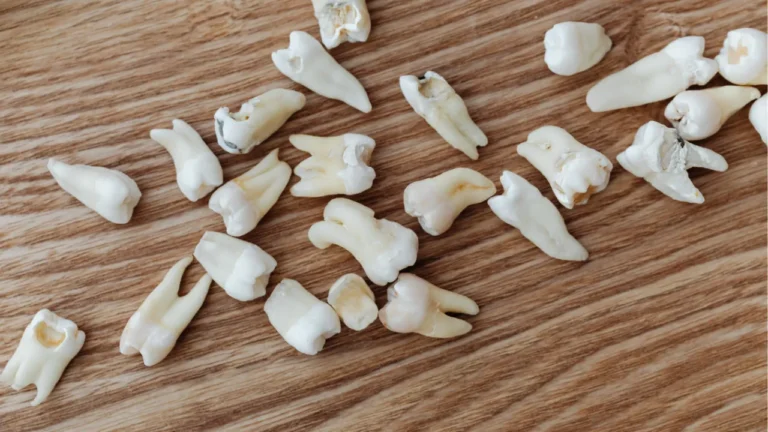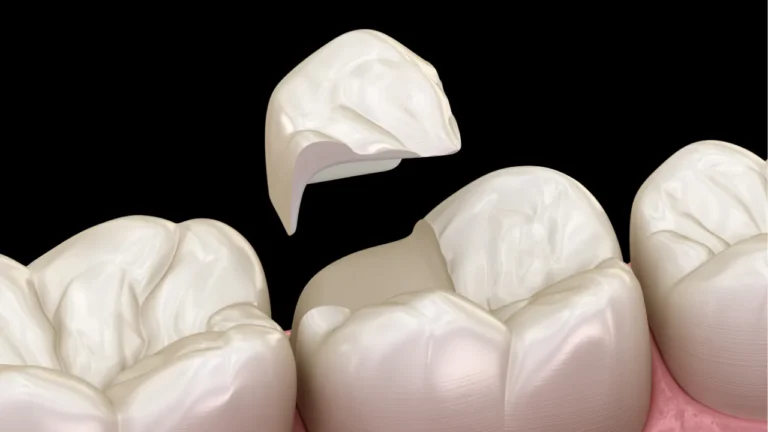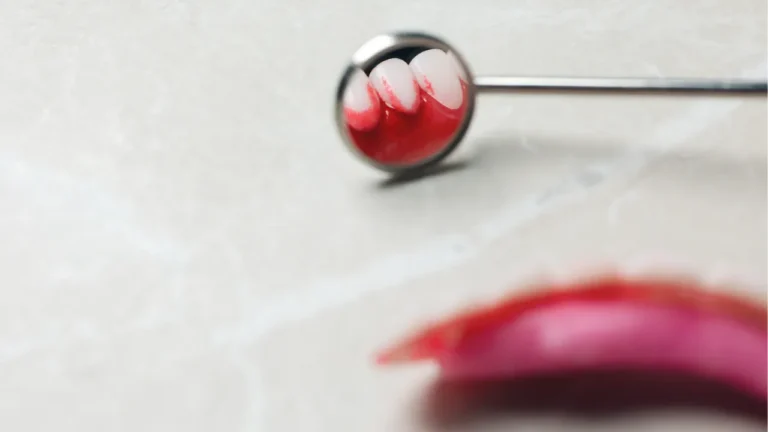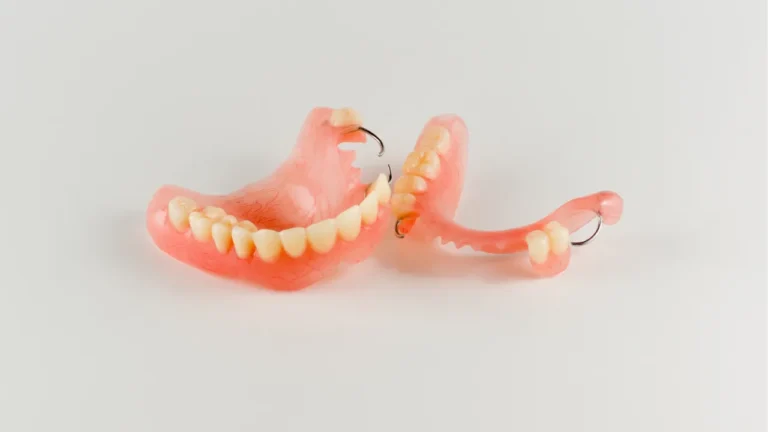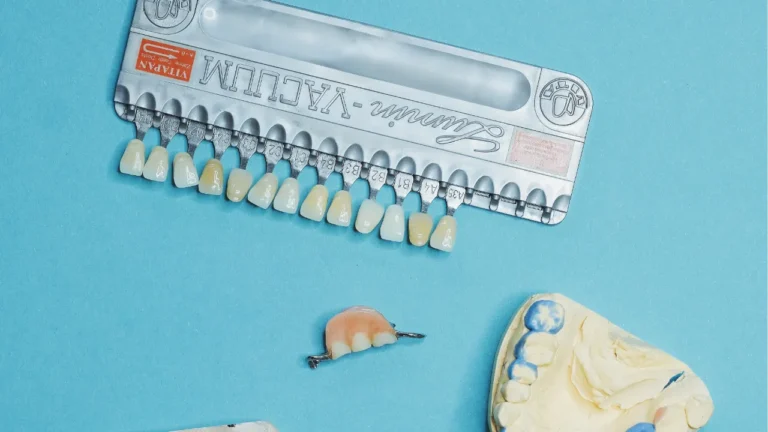Wisdom teeth, those mysterious third molars that typically emerge in late adolescence or early adulthood, can cause a lot of confusion.
Should you keep them or have them extracted? Let’s explore the facts about wisdom teeth to help you make informed decisions alongside your dentist.
Quick Summary
- Wisdom teeth are evolutionary relics with little modern function.
- Problems often occur due to limited jaw space or poor alignment.
- Common complications include impaction, crowding, pain, infection, and cysts.
- Removal is often recommended for impacted, painful, or infection-prone wisdom teeth.
- Healthy, well-aligned wisdom teeth without symptoms may not require removal.
- Extraction involves consultation, anesthesia-assisted surgery, and recovery.
- Alternatives include monitoring and non-surgical treatments for minor issues.
Wisdom Teeth: Evolutionary Relics
Wisdom teeth, also known as third molars, are the last teeth to develop in the mouth.
Our ancestors relied on them for chewing tough, fibrous foods like roots, nuts, and raw meat.
However, with modern diets consisting of softer, processed foods, wisdom teeth have become somewhat vestigial—meaning they’ve lost much of their original function.
Over time, human jaw sizes have also decreased, leading to a lack of space for these molars to grow in properly.
This is why wisdom teeth often cause problems and may need to be removed.
When Wisdom Teeth Become Troublesome
While some wisdom teeth erupt without issue, others can pose significant problems due to a lack of space or poor alignment. Here are some common complications associated with wisdom teeth:
- Impaction: Impacted wisdom teeth are trapped within the jawbone or emerge at an angle, putting pressure on nearby teeth. This can cause pain, swelling, and even damage to adjacent teeth.
- Crowding: Emerging wisdom teeth can push other teeth out of alignment, affecting the overall arrangement of your teeth and potentially ruining orthodontic work.
- Pain and Discomfort: Impacted or partially erupted wisdom teeth can cause significant pain, swelling, and tenderness in the affected area, making it difficult to eat, speak, or even open your mouth.
- Infection: Impacted wisdom teeth create a breeding ground for bacteria, which can lead to gum infections, inflammation, and even tooth decay.
- Cyst Formation: In rare cases, impacted wisdom teeth can lead to the development of fluid-filled sacs called cysts within the jawbone, which can damage surrounding teeth, nerves, and bone tissue.
To Extract or Not to Extract
The decision to remove wisdom teeth depends on individual circumstances. Here’s a breakdown to guide you:
The decision to remove wisdom teeth depends on individual circumstances and the specific issues they may cause. Here’s a breakdown to help you decide whether extraction is necessary:
When Wisdom Tooth Removal is Recommended:
- Impacted Wisdom Teeth: Removing impacted teeth can prevent complications like infection, cyst formation, or damage to adjacent teeth.
- Persistent Pain or Discomfort: Pain is often a sign of pressure, infection, or inflammation. Removal may be the best option to alleviate discomfort.
- Risk of Infection: Swelling, tenderness, or recurring infections around the wisdom teeth suggest that extraction may be necessary.
When Wisdom Tooth Removal May Not Be Necessary:
- Healthy and Well-Aligned Wisdom Teeth: If your wisdom teeth have erupted fully, function properly, and don’t cause any issues, there’s no need to remove them.
- No Pain or Discomfort: Even if your wisdom teeth don’t cause immediate problems, regular dental check-ups are crucial to monitor their condition and alignment.
The Wisdom Tooth Removal Process
If you and your dentist decide that wisdom tooth extraction is the best course of action, here’s what you can expect during the process:
1. Initial Consultation
Your dentist will conduct a thorough examination of your teeth and take X-rays to assess the position of your wisdom teeth and determine the best approach for removal.
2. The Extraction Procedure
Wisdom teeth are typically removed under local anesthesia. However, sedation or general anesthesia may be recommended for more complex cases. Your dentist will make a small incision in the gum to access the tooth, remove it, and then suture the area.
3. Recovery and Aftercare
After surgery, you can expect some swelling, discomfort, and bleeding for a few days. Your dentist will provide specific aftercare instructions, such as using ice packs, taking prescribed medications, and avoiding certain foods to ensure a smooth recovery.
Alternatives to Wisdom Tooth Removal
Not all wisdom teeth require extraction. Here are some alternatives to consider if your wisdom teeth are not causing problems:
1. Monitoring
Regular dental check-ups allow your dentist to monitor the growth and position of your wisdom teeth. This proactive approach ensures that any potential issues are detected early and addressed promptly.
2. Non-Surgical Treatments
If mild issues arise, such as slight discomfort or minor infections, your dentist may recommend non-surgical treatments like antibiotics or mouth rinses to manage the symptoms.

